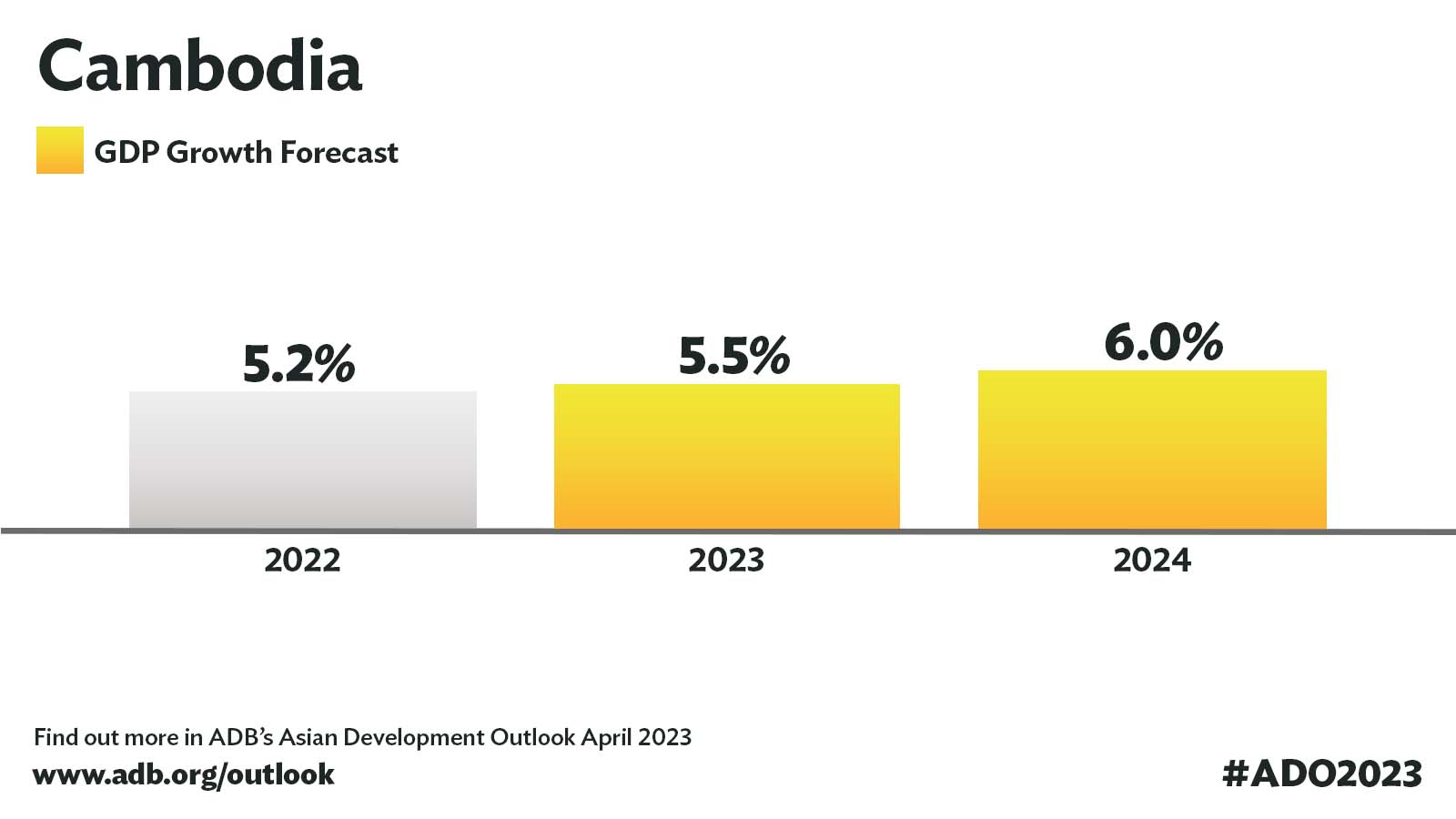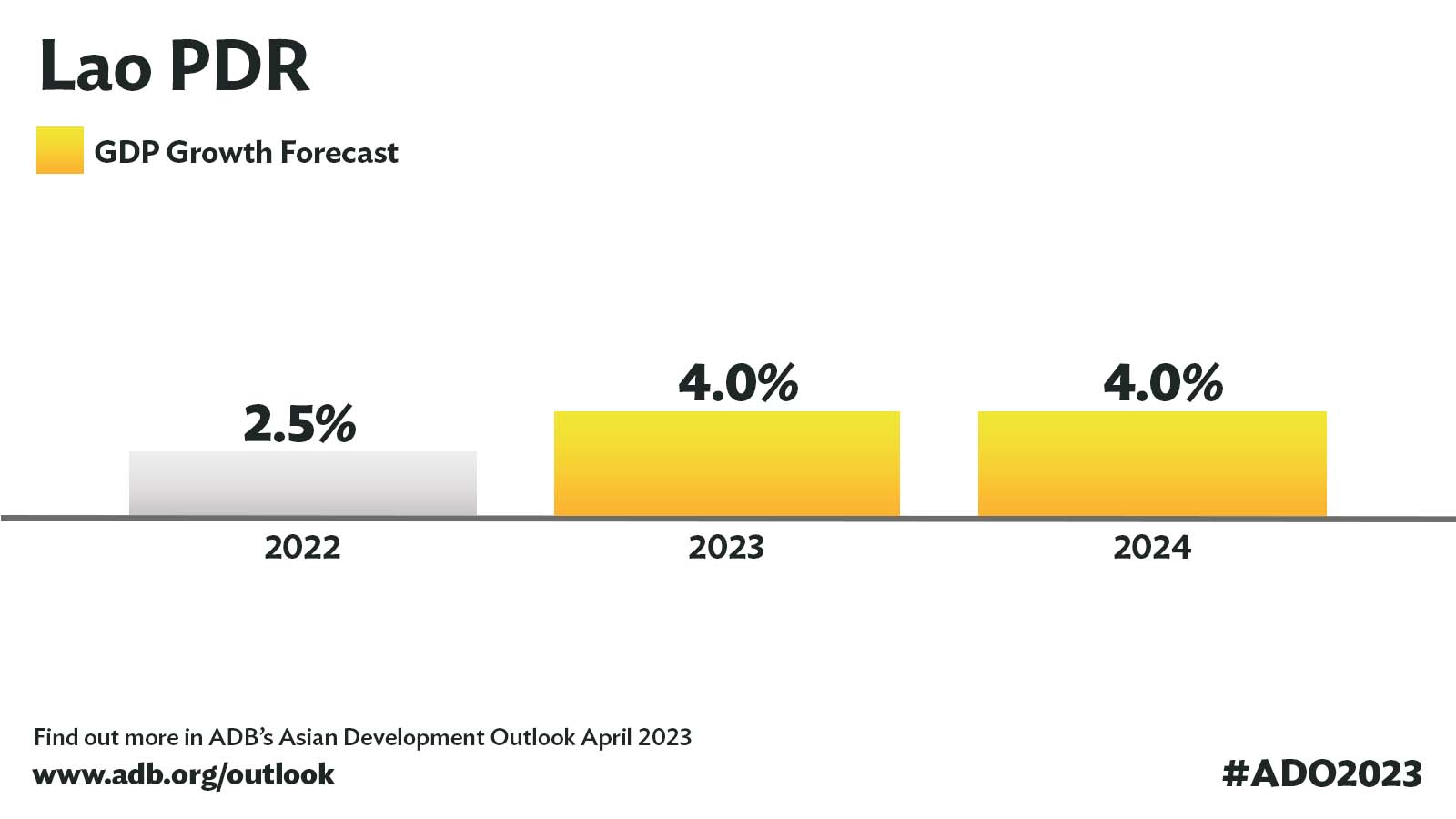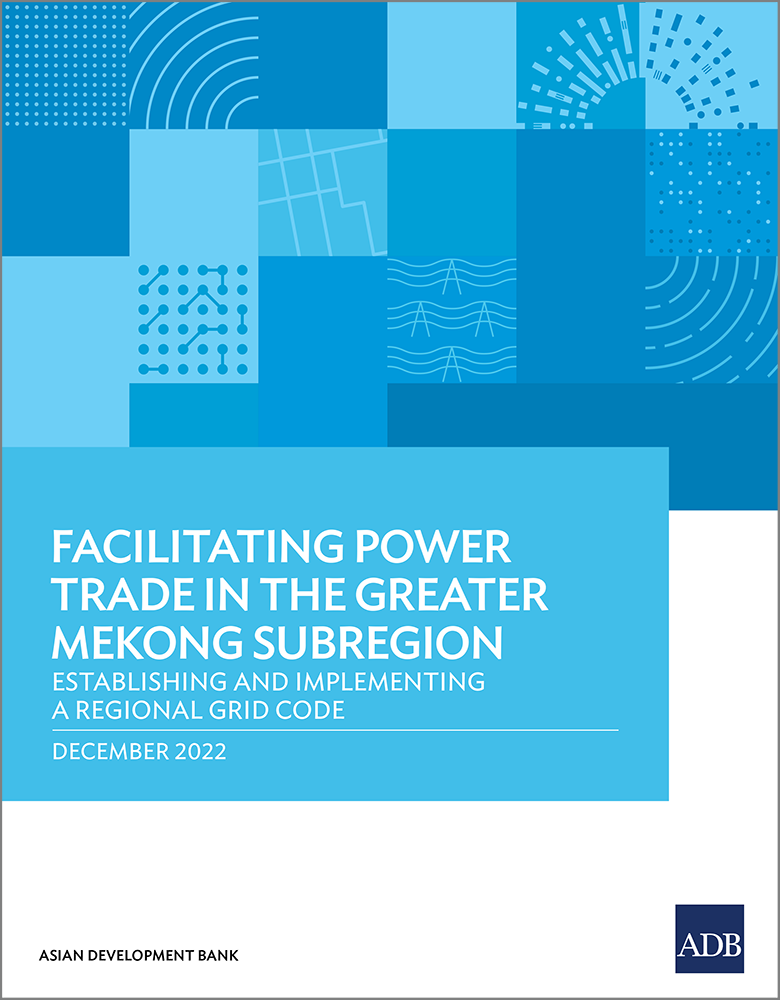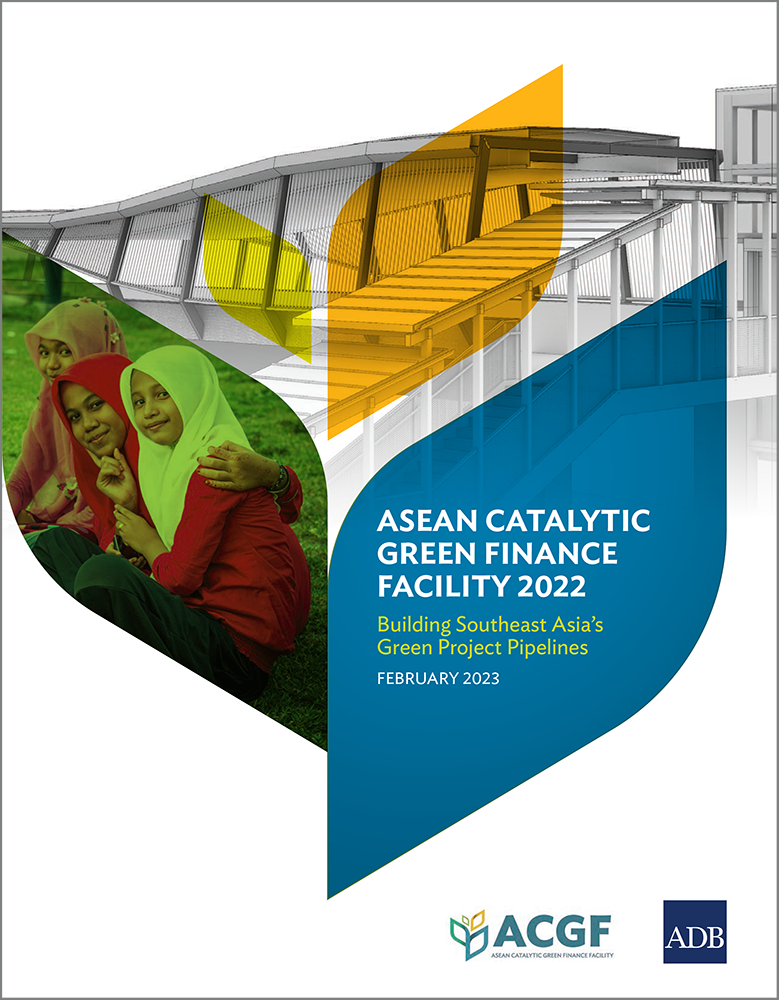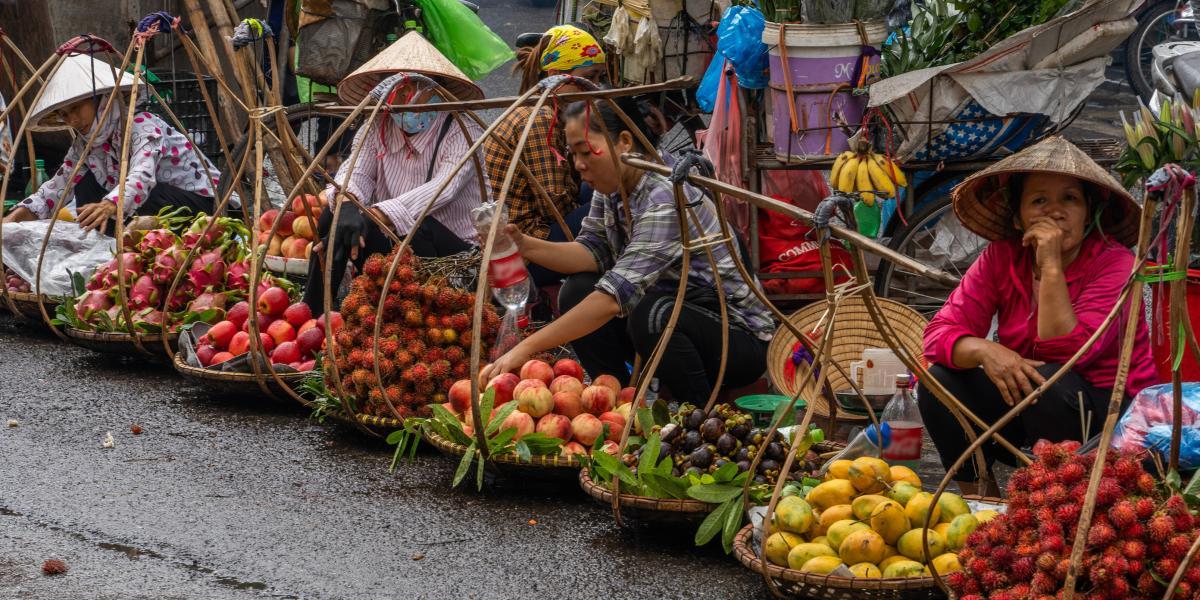Viet Nam’s Growth Support Policy Helps Counter Global Headwinds in 2023
After a strong performance in 2022, Viet Nam’s economic growth is expected to moderate at 6.5% this year and further expand at 6.8% in 2024, according to the flagship economic publication of the Asian Development Bank (ADB) released today.


